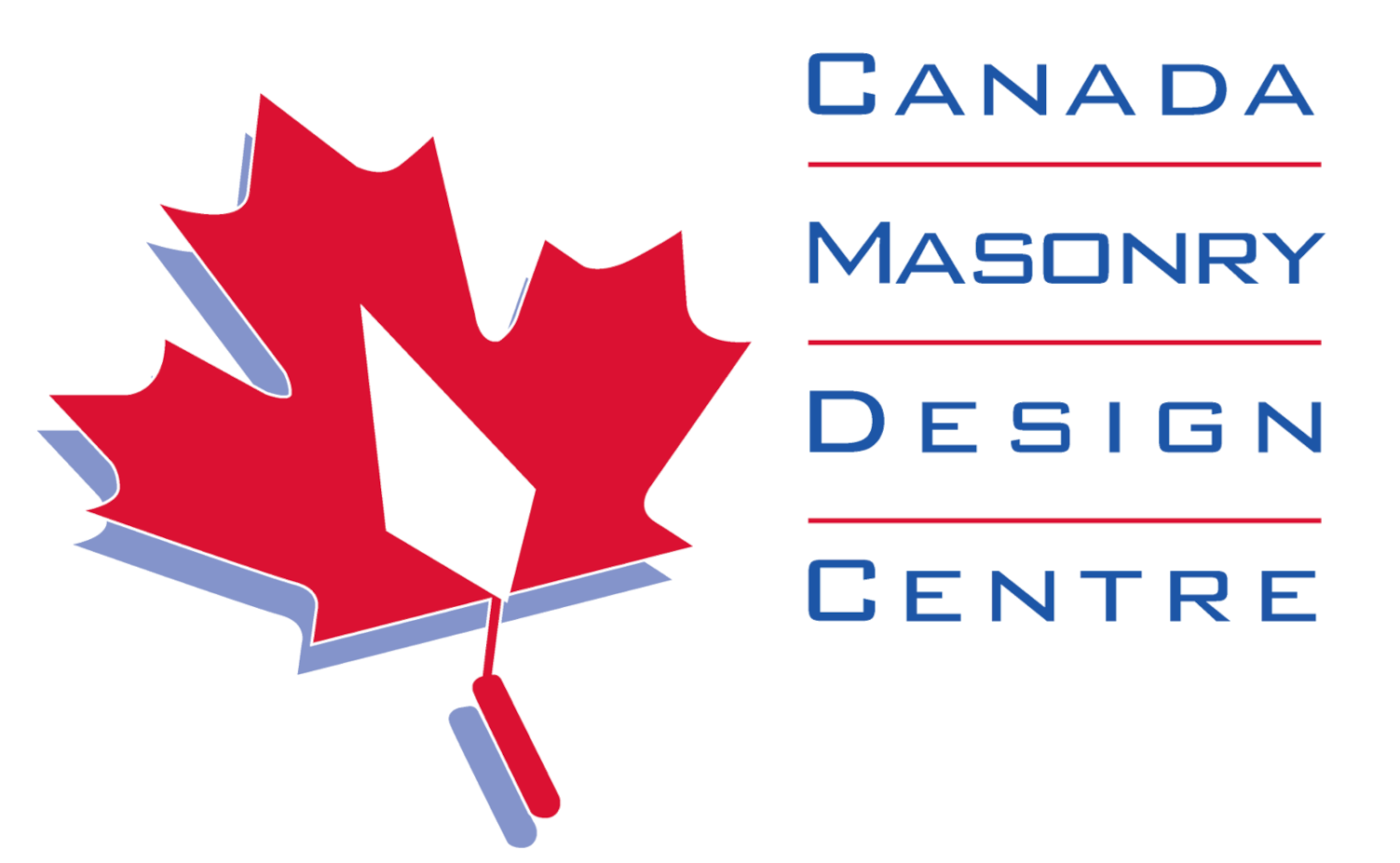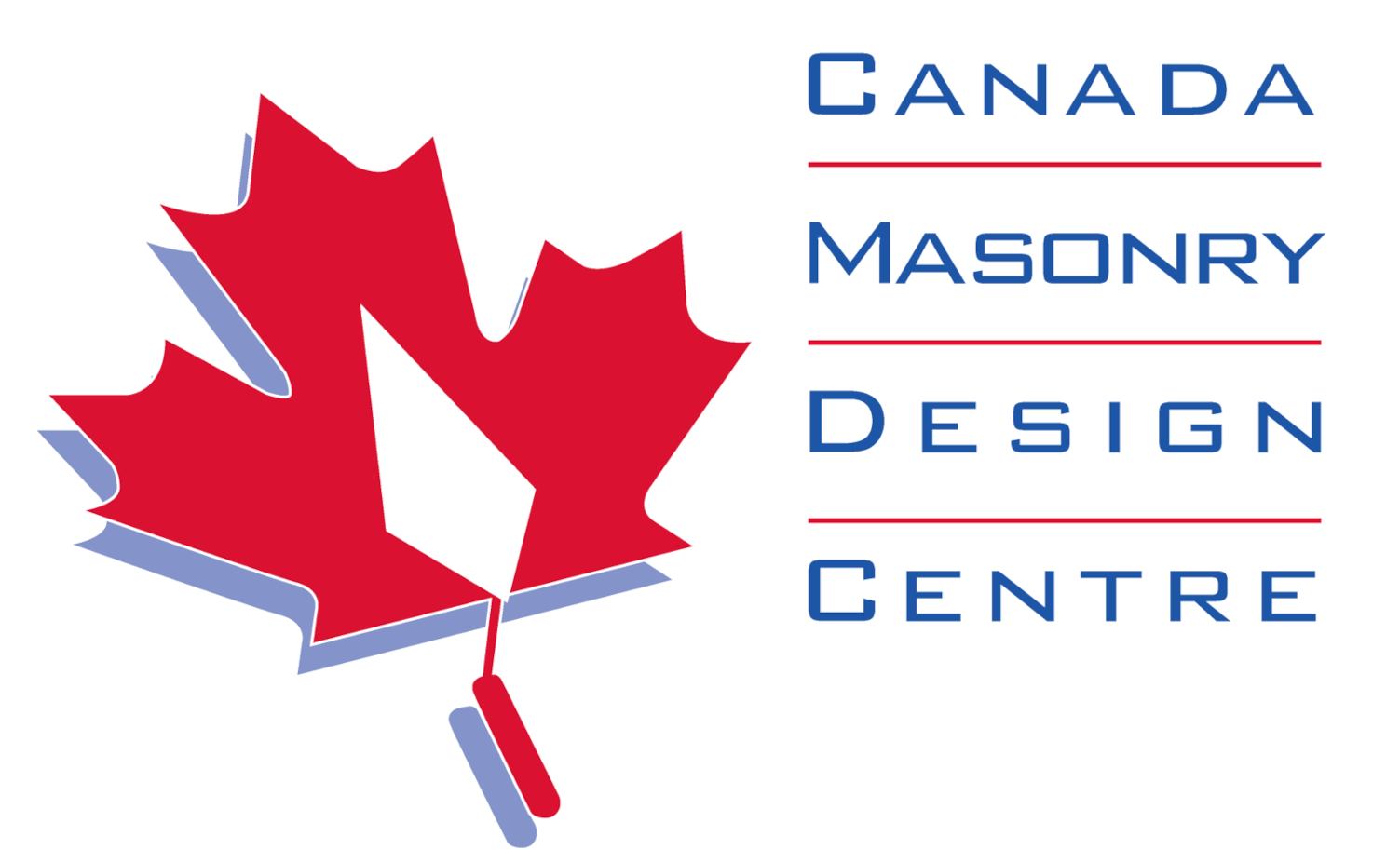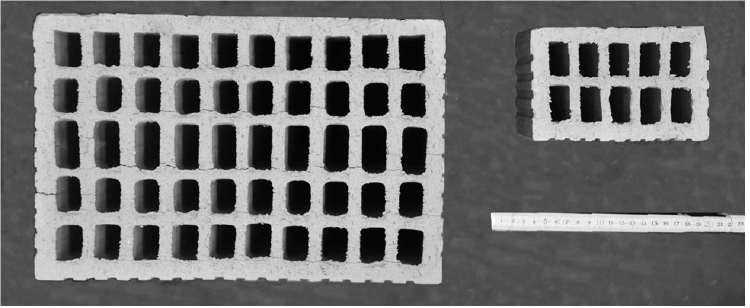1 PhD student, Earthquake Engineering and Structural Dynamics Laboratory (EESD), School of Architecture, Civil and Environmental Engineering (ENAC), Ecole Polytechnique Fédérale de Lausanne (EPFL), Lausanne, Switzerland, sarah.petry@epfl.ch
2 Assistant Professor, Earthquake Engineering and Structural Dynamics Laboratory (EESD), School of Architecture, Civil and Environmental Engineering (ENAC), Ecole Polytechnique Fédérale de Lausanne (EPFL), Lausanne, Switzerland, katrin.beyer@epfl.ch
ABSTRACT
When testing multi-storey structures, most testing facilities require the testing of a reduced scale model. Previous work by other researchers revealed that scaling of masonry was not straightforward. For instance, differences in strength and elastic stiffness of the different sized masonry were reported. These distortions could be reduced but not eliminated by scaling the brick units and the thickness of mortar joints correctly. When addressing the seismic behaviour of structures, also the deformation capacity of the masonry is important, for which few comparative studies for different sized masonry could be found.
This paper presents selected results of two series of tests on URM piers that were constructed at full- and half-scale, respectively. The brick units of the half-scale masonry had half the size of the brick units of the full-scale masonry and similar mechanical properties. The head and bed joint thicknesses of the half-scale masonry were scaled accordingly and the same mortar mixture as for the full-scale masonry was used. Results from material tests and quasi-static cyclic tests on piers for the different sized masonry are presented and differences with regard to the force and displacement capacity are discussed.
KEYWORDS: scaling effects, unreinforced masonry, quasi-static testing, material testing
295.pdf



